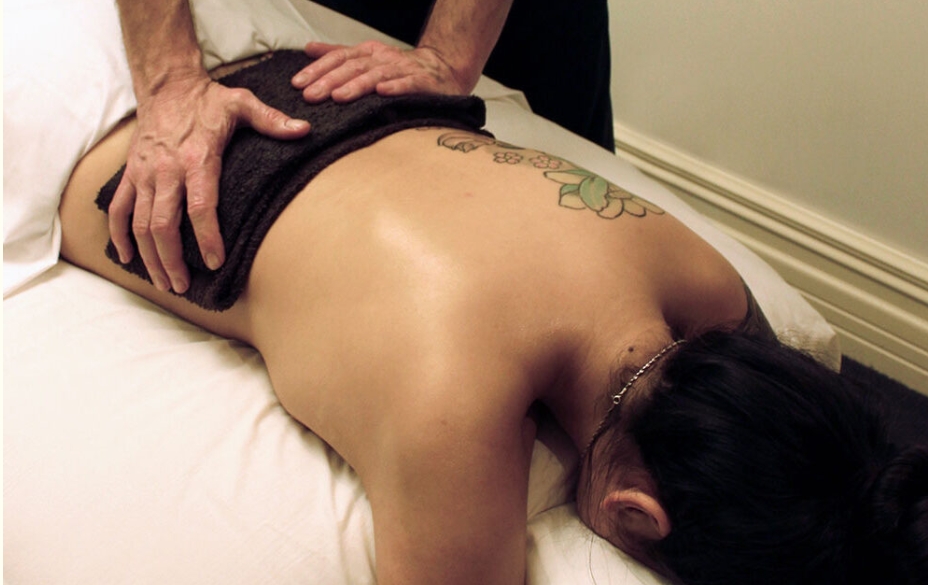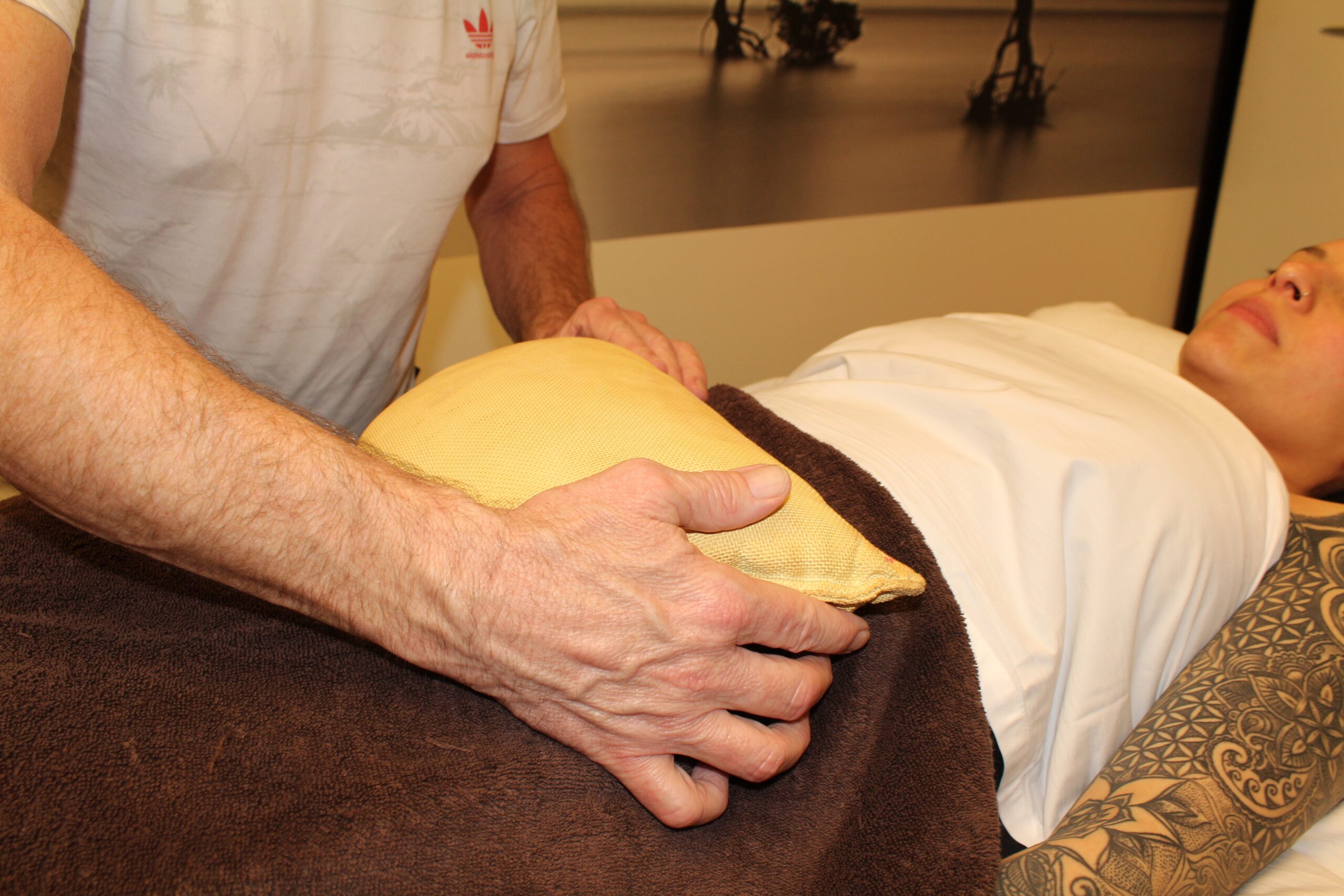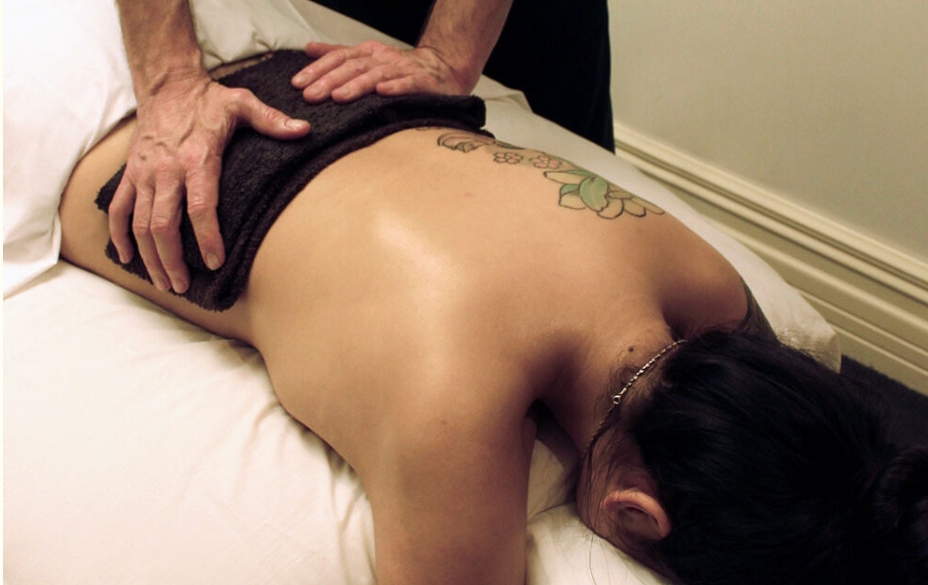
Introduction
The kidney ginger compress is a time-honoured healing therapy rooted in Traditional Chinese Medicine (TCM), renowned for its ability to support kidney health, improve circulation, and promote deep relaxation. Used for centuries in natural healing traditions, this simple yet powerful practice continues to be a valuable tool for those seeking holistic wellness.
In this article, we’ll explore the history of the kidney ginger compress, its benefits, and how you can use it to enhance your well-being.
Origins in Traditional Chinese Medicine
The kidney ginger compress dates back thousands of years to Traditional Chinese Medicine, where warming therapies were essential for promoting circulation and balancing the body's vital energy (Qi). The kidneys, considered the “roots of life” in TCM, play a crucial role in longevity, energy levels, and overall health. Weak kidney function was traditionally associated with fatigue, cold extremities, lower back pain, and weakened immunity.
Ginger (Zingiber officinale) has long been revered in TCM for its warming and circulatory-enhancing properties. It was often used externally to dispel cold, promote blood flow, and relieve stagnation. The practice of soaking a towel in ginger-infused water and applying it to the lower back (kidney region) became a widely used method for enhancing kidney Yang energy, which supports vitality and warmth in the body.
Regional Use of Kidney Ginger Compress in China
Different regions of China historically emphasized different healing techniques within Traditional Chinese Medicine:
- Northern China (e.g., Beijing, Hebei, Shandong): Focused more on acupuncture and herbal formulas, often used in classical TCM practices and Imperial Court medicine.
- Southern China (e.g., Guangdong, Fujian, Jiangxi): More inclined towards external therapies such as kidney ginger compresses, herbal poultices, and dietary therapy to balance internal energy, especially in the warm and humid climate.
- Central China (e.g., Sichuan, Hunan, Jiangsu): Known for its spicy cuisine and warming therapies, making hot herbs like ginger a staple for external applications.
- Eastern China (e.g., Shanghai, Zhejiang): Integrated TCM with modern medical practices, using a mix of herbal formulas, acupuncture, and moxibustion.
In Southern and Central regions, where Daoist healing traditions were strong, the kidney ginger compress was widely used to strengthen the kidneys, boost Yang energy, and promote longevity.
Adoption in Other Healing Traditions
While the kidney ginger compress originated in China, similar warming therapies have been used across various healing traditions:
- Japanese Kampo Medicine: Influenced by TCM, Kampo practitioners integrated ginger-based heat therapies for improving circulation and reducing pain.
- Ayurveda (Indian Medicine): Ayurvedic healers used ginger and herbal poultices to stimulate digestion, detoxify the body, and enhance energy flow.
- Macrobiotics: In macrobiotic healing, which emphasizes balance and natural foods, ginger compresses are used to stimulate circulation, aid digestion, and remove excess stagnation from organs. Practitioners believe that applying warmth to the kidneys helps to restore vital energy (Ki) and improve the body's overall function.
- Samurai Physicians & Traditional Japanese Healing: During the Edo period (1603–1868), samurai physicians used ginger compresses to enhance vitality, recover from fatigue, and support kidney function. It was a favored treatment for warriors needing to maintain strength and resilience.
- Western Holistic Health Practices: By the 20th century, shiatsu practitioners, naturopaths and holistic health practitioners in the West began using kidney compresses as a natural way to support detoxification and alleviate back pain.
Benefits of the Kidney Ginger Compress
Applying a kidney ginger compress regularly can provide a range of physical and emotional benefits, including:
1. Supports Kidney Function
- Encourages detoxification by stimulating kidney activity.
- Enhances blood flow to the kidney region, improving oxygen and nutrient delivery.
2. Relieves Back Pain and Tension
- The warmth from the compress relaxes muscles and soothes pain in the lower back.
- Reduces discomfort associated with kidney stress, inflammation, or urinary issues.
3. Improves Circulation and Energy Flow
- Helps warm the body and combat cold sensitivity.
- Promotes the movement of Qi (energy) and blood, essential for vitality.
4. Reduces Fatigue and Boosts Relaxation
- Provides a deeply calming effect, reducing stress and tension.
- Supports adrenal health, which is closely linked to kidney function.
How to Use a Kidney Ginger Compress
If you’d like to experience the benefits of a kidney ginger compress, follow these simple steps:
Materials Needed:
- Fresh ginger root (grated or sliced)
- A bowl of hot water
- A soft towel or cloth
- Optional: Massage oil (e.g., sesame or olive oil)
Instructions:
- Grate fresh ginger place in cotton bag and add it to a bowl of hot water.
- Let it steep for 5–10 minutes to release its active compounds.
- Soak a towel in the ginger water, then wring out excess liquid.
- Test the temperature to ensure it’s warm but not too hot.
- Apply the towel over the lower back (kidney area) and leave it on for 15–30 minutes.
- For enhanced benefits, gently massage the area in circular motions.
Repeat 2–3 times per week for best results.
Conclusion
The kidney ginger compress is a simple yet powerful practice with deep roots in Traditional Chinese Medicine and holistic healing traditions. Whether you’re looking to support your kidney function, relieve lower back pain, boost circulation, or reduce fatigue, this ancient technique offers natural, effective relief.
For more insights on natural health practices, visit www.davidclark.co.nz and explore our latest wellness guides and courses!
References
Book a Kidney Ginger Compress Today!
Ready to experience the benefits of Kidney Ginger Compress near me? Schedule your session now and embrace the power of healing touch!
📍 Location: Level 2, 131 Queen Street, Auckland
📞 Phone: 021 936 001
📧 Email: david@davidclark.co.nz
🌐 Book Online: https://davidclark.co.nz/contact






